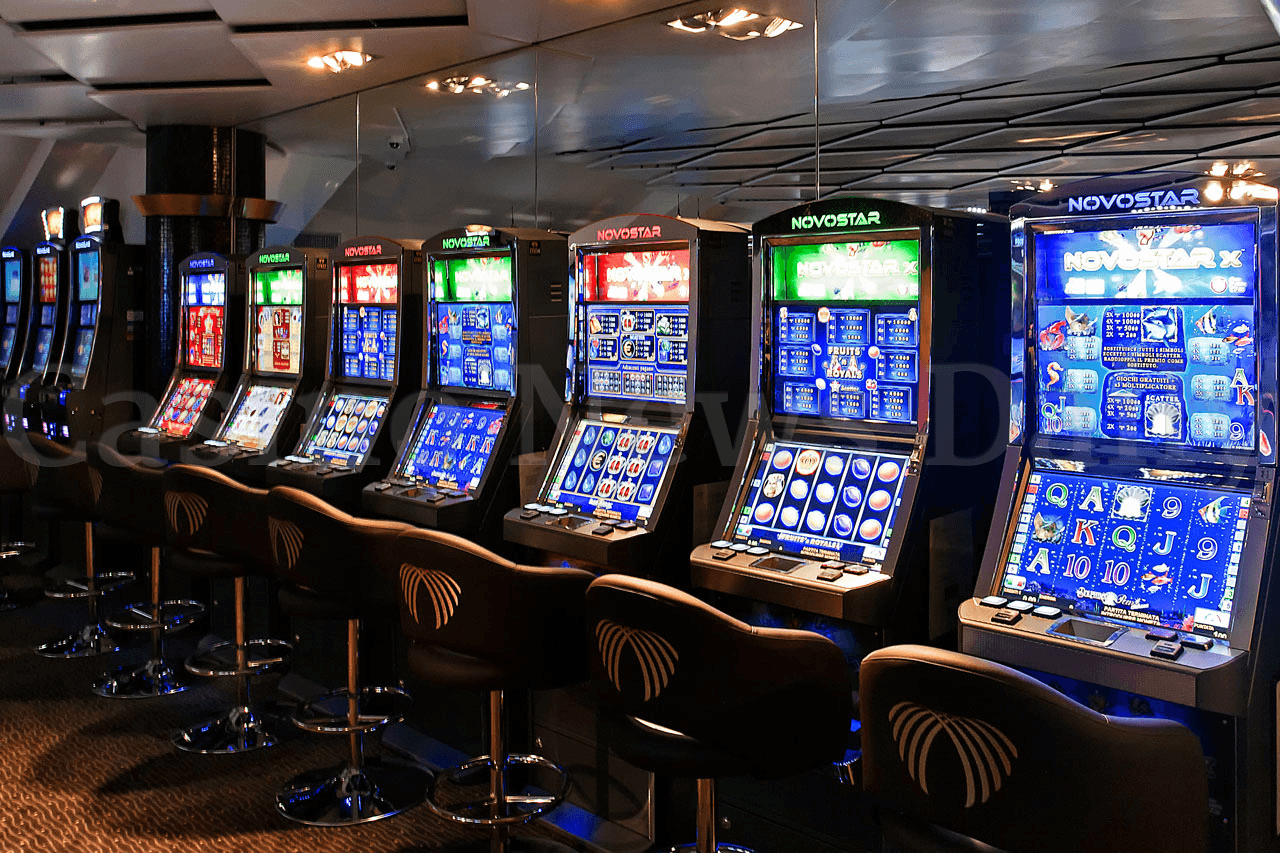
Casino games have long been an integral part of human culture, offering not just entertainment but a fascinating reflection of our hopes, ambitions, and fears. From the spinning reels of a slot machine to the skill-based strategies of poker, these games embody a variety of human emotions and experiences. At their core, casino games are more than a chance to make profits; they are a snapshot of life itself, where danger and gain converge and luck can change in an eye blink.
As players gather around tables or sit in front of vibrantly illuminated machines, they participate in a ritual that transcends mere gambling. These games mirror our natural desires for relationships, adventure, and the pursuit of luck. They also reveal deeper truths about human nature, such as our relationship with luck and the adrenaline of the unknown. In exploring casino games, we reveal not only the mechanics of play but also the intricate pattern of the human journey, showcasing our interconnected narratives of goal and reality.
The Psychology of Gambling
Gambling is intrinsically connected in the psyche of individuals, appealing to various emotions and wants. The excitement of risk-taking is a fundamental aspect that attracts participants, be it the thrill of spinning a roulette wheel or the excitement of drawing a winning card in poker. This adrenaline is frequently likened to other forms of thrill, as the uncertainty of outcomes triggers a distinct psychological response. Players often find themselves captivated by the possibility of winning big, leading to an irresistible draw toward gambling games.
Another, a crucial component of the psychology behind gambling is the concept of optimism and aspiration. Participants often indulge in dreams of financial freedom and the luxurious lifestyle that can accompany winning. This hope fuels their continued participation in gambling, as it provides a sense of purpose and the conviction that a transformative win could be just one bet away. The story of overcoming odds and finding success resonates with many, reinforcing their dedication to play and engage with these games.
Finally, social dynamics play a crucial role in gambling psychology. Gambling venues are designed to promote social interaction, where players gather to share the experience of wins and losses. This shared aspect not only amplifies enjoyment but also affects behavior, as individuals often mimic the actions of others around them. The collective approval found in shared excitement can enhance the emotional experience, making casino games a reflection of not just personal desires but also shared involvement within the gaming community.
## The Dual Nature of Risk and Reward
Casino games embody the fragile balance between danger and reward that resonates deeply with human psychology. The thrill of placing a wager is often accompanied by a rush of adrenaline, as participants are confronted with the prospect of striking it rich, yet fully aware of the possibility to suffer losses. This twofold experience reflects a fundamental aspect of life: the paths we choose often come with inherent risks, and the quest for benefit can push us to make risky moves we might not normally consider. In this way, gambling activities echo real-world choices, enticing players to risk not just their funds, but also their aspirations.
The allure of grand jackpots and winnings fuels a sense of optimism, inspiring gamblers to imagine a brighter future that could manifest from a fortunate turn of the wheel or turn of a card. This optimism can motivate individuals to engage in riskier behaviors, urging them to extend their limits in search of financial gain. However, just as in life, the consequences of these risks can lead to both victory and failure. best non Gamstop casinos The narratives of both jackpot winners and those who have faced losses everything at the tables demonstrate the chaotic nature of luck and its significant impact on our lives.
Ultimately, the interaction of engaging with gambling activities serves as a strong reminder of the nature of humanity. Every round played is filled with the tension of risk, as gamblers weigh the gains against the risks. This interaction not only highlights the thrill that comes with gambling but also unveils the weaknesses that come with the longing for more. As we journey through the challenges of decision-making and results in both the gambling world and in life, we find that the quest for gain shapes our character and experiences in profound ways.
Culture and Loneliness in Casino Environment
Casino environment is a distinct combination of communal engagement and personal endeavor, reflecting the contrasts of individual experience. Players often come together around tables, experiencing in the thrill of the game, rejoicing in wins, and sympathizing over losses. This communal aspect is essential, as it establishes a sense of belonging and camaraderie among diverse groups of individuals. Regular visitors to casinos may form friendships and establish routines, turning the casino into a alternative home where they feel linked to a greater community of gamblers.
However, the allure of casino activities can also lead to loneliness. As individuals become engrossed in the thrill of playing, they may isolate from personal relationships or fail to engage with the environment outside the casino. For some, the pursuit of a windfall can distract from genuine relationships, leading to isolation. The situation of being among others yet experiencing solitary is not uncommon, as the attention shifts from collective fun to the private stakes of each player’s path.
This interaction of community and isolation creates a rich mosaic that defines casino atmosphere. It showcases the intricacy of human interactions, where joy and sorrow coexist. Casinos serve as both a sanctuary for social engagement and a platform for individual struggles, demonstrating how deeply connected our yearning for connection and the personal quest for fortune can be. In navigating this environment, gamblers confront their own stories—seeking both the thrill of the wager and the fellowship of other gamblers, ultimately mirroring the broader spectrum of individual experience.
